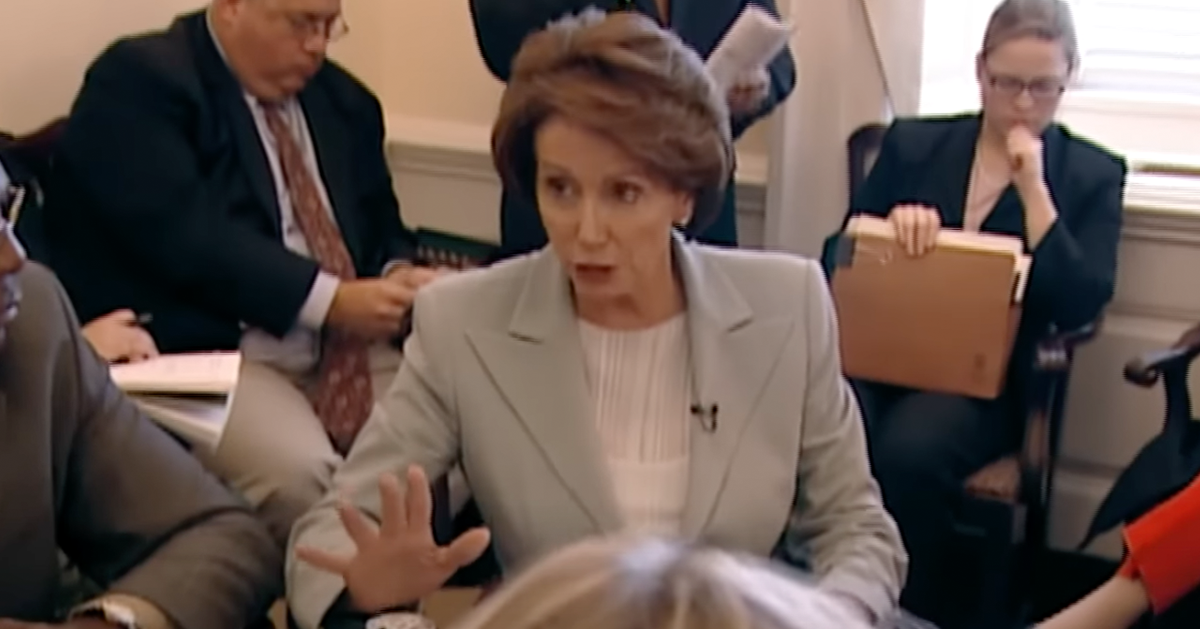Musk And Ramaswamy To Discuss DOGE Strategy With GOP Members
Elon Musk, the visionary behind Tesla and SpaceX, and biotech entrepreneur Vivek Ramaswamy have been appointed to spearhead the Department of Government Efficiency (DOGE) under the anticipated Trump administration. Their journey to Washington aims to foster discussions on reducing government inefficiency.
Detailed Plans For Government Reform
Last week, both leaders contributed an op-ed in The Wall Street Journal, revealing their extensive plans for reform. They argued for a need to reassess and potentially eliminate certain government agencies by July 4, 2026, to curb wasteful spending and redundant regulations.
The meeting, set to occur on Thursday and hosted by House Speaker Mike Johnson, R-La., will include members from both the House of Representatives and the Senate. All Republican legislators have received a save-the-date notice, underscoring the session's importance.
Congressional Support For DOGE
Speaker Johnson expressed enthusiasm about the upcoming discussions, tweeting his anticipation for sharing "major reform ideas" that align with the principles of limited government. His tweet emphasized the Trump administration's role in enabling these reform initiatives.
The formation of DOGE is timely as Republicans will soon hold the presidency along with majorities in both chambers of Congress, suggesting a strategic alignment that could facilitate the agency's ambitious goals.
However, despite the optimistic outlook from some quarters, DOGE has its skeptics. Critics question the practicality of its objectives, pointing out the inherent limitations of presidential power and the necessity for some level of bipartisan cooperation.
Bipartisan Considerations And Challenges
Representative Ro Khanna, D-Calif., acknowledged that certain DOGE proposals might garner cross-party support, particularly those advocating for open competition and the elimination of genuinely wasteful expenditure. However, he cautioned that any moves to slash critical social services could spark considerable opposition.
In addition, Khanna highlighted the complexity of the proposals, indicating that the reception to DOGE's initiatives would largely depend on the specifics of the recommendations made.
Meanwhile, the upcoming meeting promises to be a cornerstone event, setting the stage for the potential reshaping of the U.S. federal government's structure and operational philosophy under the banner of increased efficiency and reduced bureaucracy.





